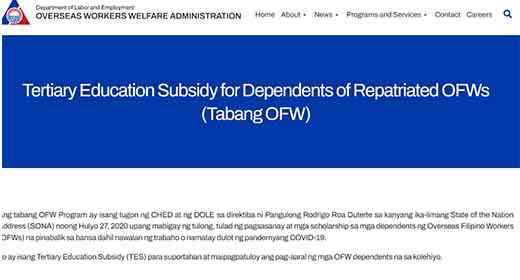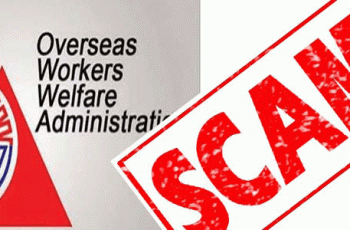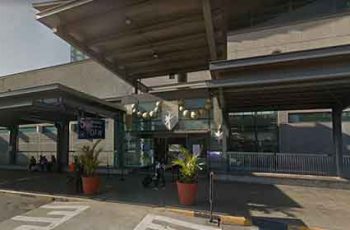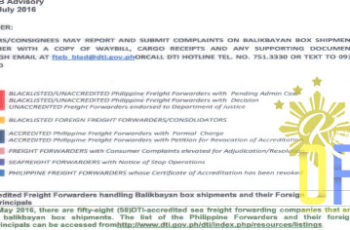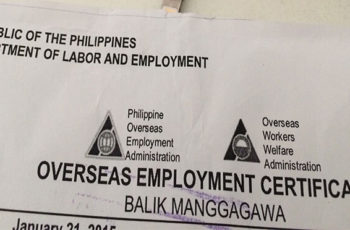When we talk about Overseas Filipino Worker, their remittances first comes to mind. Without a doubt, salary abroad is way more higher compared to those in the Philippines. However, most OFWs are struggling from financial crisis even after working for years abroad. 8 out of 10 OFWs return to the Philippines without savings.
Why? Here are some financial mistakes that most OFWs do:
- Savings is not part of the expense
Being an OFW, you are obliged to pay monthly bills including rent/house amortization, internet bills, electric bills, car loan, and many more. Unfortunately, savings are not considered one of the expenses. Money is saved only when something is left after paying other bills. If nothing is left, nothing is saved.
The right thing to do to counter-attack this habit is to include savings in your expenses. You can also invest your money in stock markets or mutual funds.
- Define Asset vs. Liabilities
“Emphasize asset as anything that puts money in your pocket, while liability takes money from your pocket,” said Robert Kiyosaki. Most OFWs fail this aspect as they mostly purchase liabilities above assets. Once you acquire assets, you can expect it to increase over time or gain potential yields in the next years.
A good asset to start with is through purchasing a real estate/condo unit then translating it to a rental business. Before investing in real estate, take note that location is beneficial in this kind of investment. The time frame when finding a renter, developer’s reputation and the payment options should also be considered.
- Too good to be true investments
Though it’s really tempting to invest in get-rich-quick-scheme investments, always remember that most of these scheme is fake. After they get your money, they will be lost in thin air. Always be cautious with too good to be true investment.
“Dishonest money dwindles away, but whoever gathers money little by little makes it grow” (Proverbs 13:11).
- OFW as the breadwinner of the entire family and extended families
Most OFWs work abroad to support the financial needs of their families in the Philippines. Though helping is good, do not let your family depend on you so much even with unnecessary expenses.
Saying ‘No’ is also important especially if the demands is not necessary. Avoid remitting too much money and save for yourself. You also have your own future to think of.
- Nakakahiya Mentality
You just came home for a vacation. Somebody offered clothes, gadgets, books or a business ventures. You accepted it despite tight budget. What you did ruined your entire budget just because you are too shy to say no.
Helping others is good but be sure to think of yourself and your budget first.
- Lack of knowledge when it comes to investment
If you only open your eyes with the opportunity that investments has to offer, you will see its potential profit-making ability. Try to invest in trust funds, mutual funds, real estate, business ventures, stock market and others.
Attend financial classes so you can gain knowledge on how to invest.
- No financial Goals
Set goals. Plan the things you want to achieve later on. Regardless of the number of years, set realistic goals and strive hard to achieve it.
Take advantage of your wage and start investing as soon as possible.
- Lack of Emergency Fund
Lack of emergency fund for urgent cases is one of the reasons why Filipinos choose to lend money even with too high interest.
To avoid encountering these situations, learn to secure and save money that will be used for emergency cases.
Make sure to avoid these mistakes. Later on, you will reap what you sowed.
Jun Amparo is a personal finance advocate and founder of Richly Blessed Today. He is an OFW currently working as a school counselor in an international school in Thailand. To learn more about proper money management, please visit his blog www.richlyblessedtoday.com




